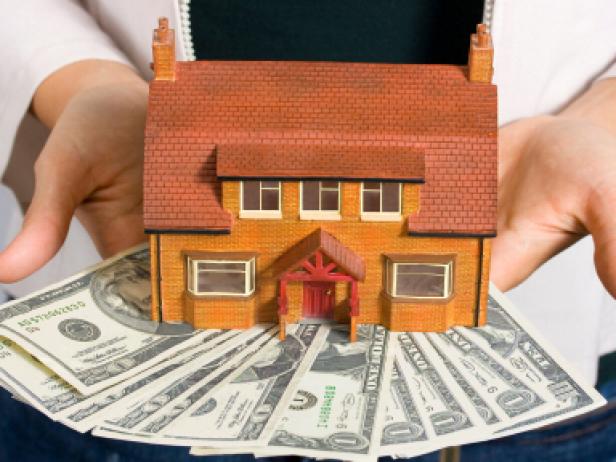Nickels and Dimes: Adding Up Closing Costs

Reading your average good faith estimate from a lender can feel like bleeding to death through a thousand tiny pinholes. Where on earth did all these closing costs come from, and do you really have to pay them all?
The answer is...maybe. Some closing costs represent actual costs to the lender imposed on it by third parties, and you'll have a tough time talking your way out of them. Here are some examples:
- Credit check fee. The lender has to pay this to verify your credit history.
- Appraisal fee. A lender must make sure your house is worth the price you're paying. If an appraisal fee seems exorbitant (more than a few hundred dollars in most areas of the country), ask for an explanation.
- Title insurance fee. Here's a hefty one. This large fee purchases an insurance policy protecting the lender in case legal problems crop up with the title to your home. Note that the insurance doesn't protect you at all; if you want an insurance policy against such a fiasco, you have to purchase it yourself at or within a stipulated time period of closing. Most title insurance companies recommend you do this, but of course they're the ones making money from selling you the policy. Problems with title are uncommon, but legal fees can be costly when they do occur, so it's up to you to decide whether you want to assume the risk.
- Courier fees and document preparation fees for the title insurance company.
- Fees for determining whether you live in a flood-prone area.
- Government fees for tax stamps affixed to the deed and for recording the transfer of the deed.
On the other hand, fees charged directly by the lender line its own pockets. That doesn't mean they're inappropriate fees to charge, but it does mean they're negotiable. The main ones you'll encounter are these:
- Loan origination fee, or origination point. This fee is essentially the lender's charge for going to the trouble of processing your application and making sure you and your house are worthy of its money. The loan origination fee is often expressed as a percentage of the loan total.
- Underwriting fees, commitment fees and application fees. These are also intended to cover the cost of doing business.
- Discount points. Like origination fees, these fees are expressed as percentage points of the total loan amount. One "point" is a fee equal to one percent of the loan, and each point you pay at closing reduces the interest rate on your loan by a set amount.
Some lenders do charge unnecessary closing fees to pad their bottom lines. The best way to avoid this is to compare GFEs from several lenders; junk fees tend to stick out because not everyone will offer them. Ask about any fee whose purpose you don't understand.
Finally, expect your closing costs to include pre-paid portions of your insurance and property taxes to put into your escrow account. The amount depends on the month and day of your closing.













































